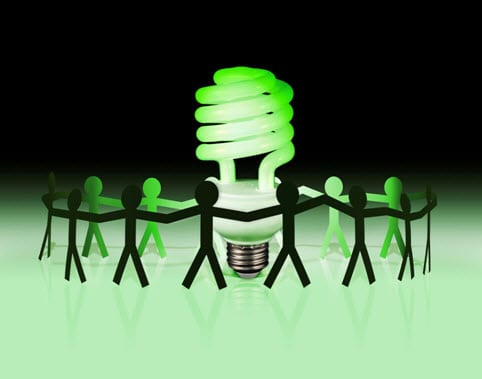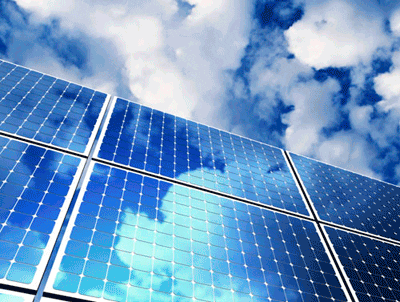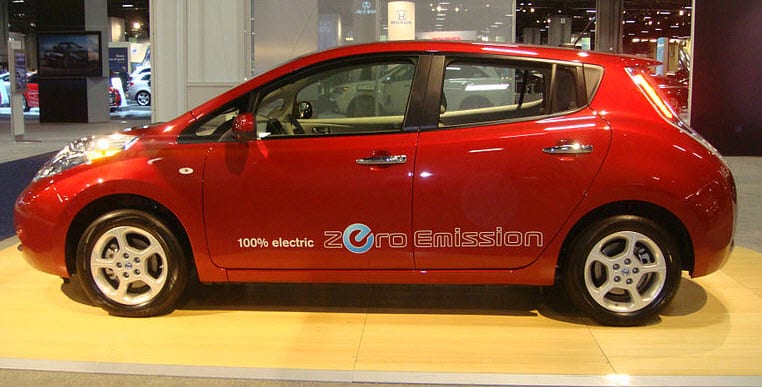
BOC introduces Hymera fuel cells to new lighting package
November 9, 2012 Hymera fuel cells used to power new lighting package
Hymera fuel cells used to power new lighting package
BOC, a producer of hydrogen fuel and member of the Linde Group, has launched a new lighting package that is powered by the companies new hydrogen fuel cells. The company’s Hymera fuel cells have been widely used in numerous industries, garnering acclaim because of their portable and flexible nature. BOC has introduced the fuel cells into a new lighting package that is expected to provide significant advantages over traditional battery powered and fossil-fuel alternatives.
Hymera fuel cells expected to replace traditional generators
Hymera fuel cells are compact energy systems that produce no harmful emissions or noise. Though they are small, they can produce significant amounts of electrical power that make them ideal for numerous applications. The package provided by BOC uses low-wattage lamps that are roughly the equivalent of 300 watt halogen lamps. The Hymera fuel cells are capable of powering this lighting package for long periods of time before running out of fuel.
Fuel cells could keep lights running for 24 hours
Batteries are a common energy source for similar lighting packages. Though batteries can be slightly more expensive than traditional generators running on fossil-fuels, they too do not produce emissions or noise. Batteries are often criticized for their poor efficiency, however, making their appeal somewhat limited. The Hymera fuel cells from BOC can keep the company’s lighting package powered for almost 24 hours of non-stop operation. When the hydrogen fuel finally does deplete from the fuel cells, it can be quickly replaced using a changeable canister, which is as simple to equip to the fuel cells as replacing batteries in a remote controller.
Small fuel cells gaining favor as ideal energy system for small scale applications
Small fuel cells are becoming wildly popular in numerous industries because of their high performance and efficient nature. Larger fuel cells are often criticized as being too expensive and inefficient. Smaller variations of these energy systems have managed to sidestep these problems, however, providing a high-powered alternative to traditional energy sources. Small fuel cells are not considered viable for large applications, such as powering a vehicle, and their use is mainly limited to lighting solutions and similar applications.



 With over 15 years of reporting hydrogen news, we are your premier source for the latest updates and insights in hydrogen and renewable energy.
With over 15 years of reporting hydrogen news, we are your premier source for the latest updates and insights in hydrogen and renewable energy.